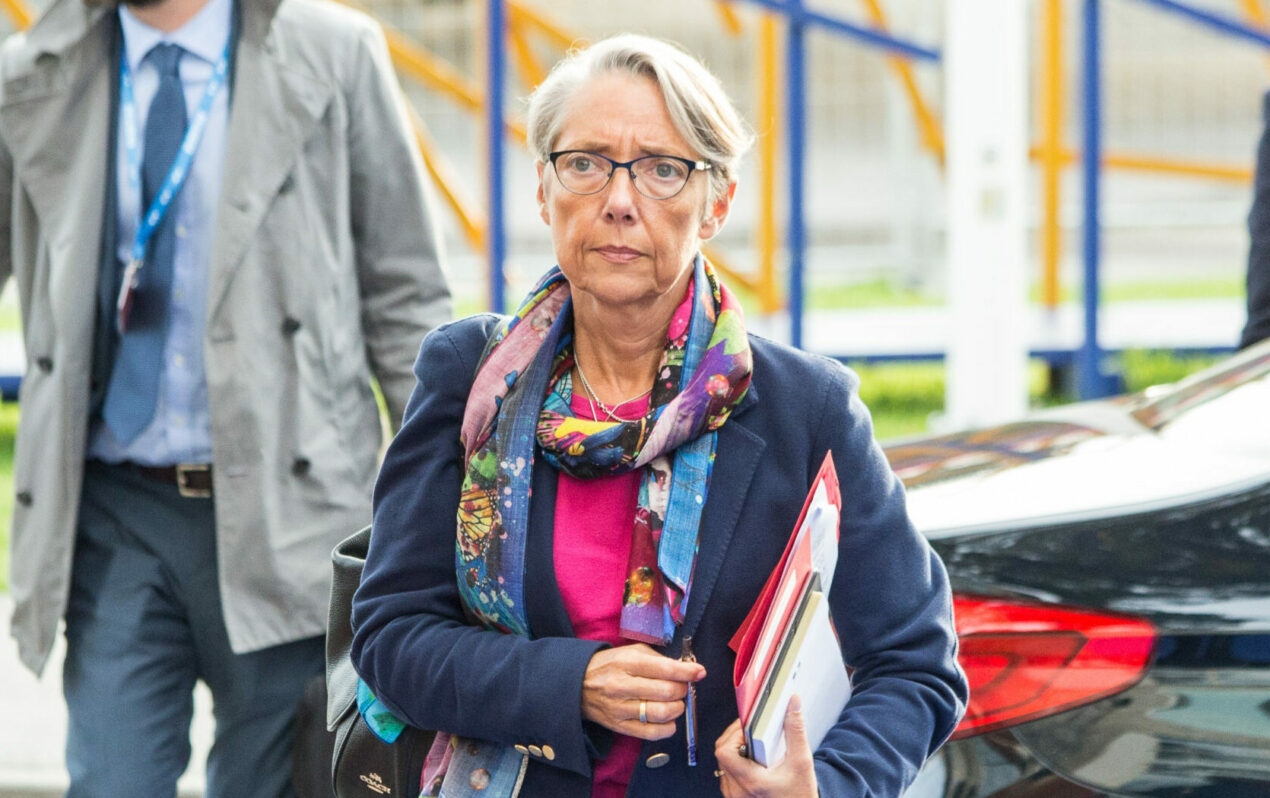Elisabeth Borne’s three economic problems

Elisabeth Borne is the new prime minister of France. Welfare, energy and economic development will be the salient dossiers that he will have to face. Enrico Martial's point
The appointment of Elisabeth Borne as first minister by President Emmanuel Macron on 16 May must be observed in the meantime in the context of the French legislative elections on 12 and 19 June next. Cornered the far right after the presidential election and after some cold sweats in fear that Marine Le Pen might make it, Emmanuel Macron now has a problem on the left.
Jean-Luc Mélenchon managed to create a coalition of parties on more radical positions of the classical and republican left, with the “Nouvelle Union Populaire Écologique et Sociale” (NUPES). Macron responds with a prime minister of socialist origins, a woman (the second after Edith Cresson in 1991-1992, Mitterrand presidency), with experience of government on the theme of ecology, the social and the economy. He chose his transport minister between 2017 and 2019, to the ecological transition between 2019 and 2020, to work between 2020 and 2022.
The choice is also weighted in perspective. Macron will not abandon the pension reform, simplified by the shift of the retirement age to 65, a subject of strong tension with the opposition on the far right and the radical left. Elisabeth Borne worked there as Labor Minister in Jean Castex's government.
The reform is announced together with measures to redistribute income and recover the purchasing power of the middle class and fragile sectors, both to rebuild some social cohesion and to mine areas of protest and despondency in the short and medium term. economic in the rural country, also of socialist or republican tradition, which now sympathizes with Marine Le Pen or Eric Zemmour.
Climate reform was painstakingly pursued during Macron's first five-year period, with some results but a tarnished image. The lowering of speed on the roads or the introduction of the carbon tax on fossil fuels have among other things triggered the phenomenon of yellow vests. The law against the disposable, although successful and adopted on December 20, 2019 when Elisabeth Borne was minister of the ecological transaction, has passed into the public image amid the controversy over plastic bottles, with machines to be delivered or recycled by consortia . We are now talking about ecological “planning”, probably with a special secretariat, in the direct competence of the first minister, relations with local subjects and participatory modalities, perhaps in connection with the ministry of territorial cohesion, hitherto led by Joël Giraud.
The third reform will be on economic development. In addition to the ecological, social (and labor) ones, Emmanuel Macron has identified the tasks of the government as that of "production". It is part of the western scenario of "relocations", for example in semiconductors (which is also being worked on with Italy), and of reindustrialisation. It is motivated by war and de-globalization in large regional areas (including our western one), but also by the reconstitution of local economies that help social cohesion and ultimately also a broader popular political consensus, now so tense and fragmented.
In the scenario of the French presidential republic, Elisabeth Borne is recognized as an "extension" of the addresses and role of President Macron, who the media describe as being entirely interested, a kind of "Chief of Staff", an omnipotent "Jupiter", who follows every candidacy for the legislative, reads the dossiers and intervenes in every detail that seems useful to him. Elisabeth Borne, will have a good workload with a parliamentary majority still to be verified and built with the next elections in June. His personal history is rich in technical, administrative, decision management and process skills. Engineer, attends ministries since the 1990s, adviser to ministers such as Jack Lang for national education, or Ségolène Royal's chief of staff at the ministry of ecology between 2014 and 2015, director of urban planning for the City of Paris since 2008 to 2013, prefect in the former Poitou-Charente region, in 2013, in charge of the Paris metro between 2015 and 2017, and several times minister with Macron, since 2017.
However, she was never elected: she ran for the first time in the elections of 12 and 19 June, for the National Assembly, in the sixth constituency of Calvados, in Normandy.
This is a machine translation from Italian language of a post published on Start Magazine at the URL https://www.startmag.it/mondo/elisabeth-borne-prima-ministra-francia/ on Tue, 17 May 2022 08:08:20 +0000.
